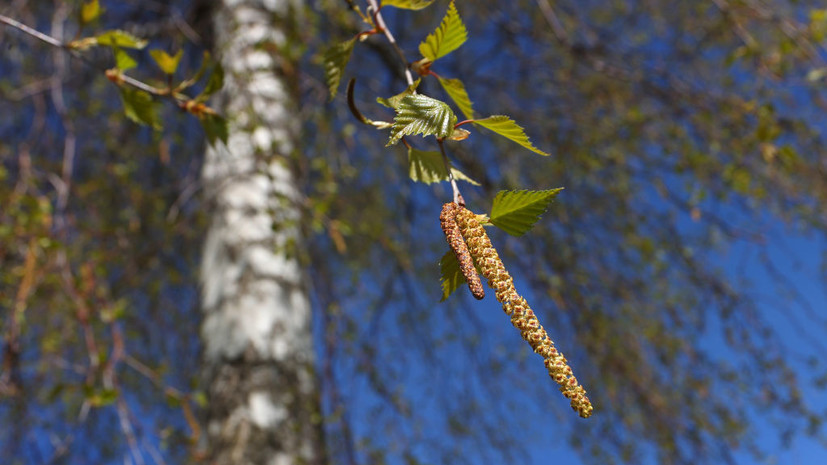According to the doctor, seasonal allergies need to be treated outside the flowering season.
The treatment itself consists of immunotherapy, explained Logina.
“There are two types: allergen-specific immunotherapy with allergy vaccines, which are small doses of pollen and are administered subcutaneously for six months twice a week for three years,” the specialist said.
A more modern technology, according to the expert, is autolymphocytotherapy, that is, the use of one's own immune cells, lymphocytes, isolated from a small amount of the blood of an allergic patient.
“In this case, the treatment time is reduced to one month.
Treatment is carried out twice a week with observation until the formation of immunity.
With this therapy, all types of allergies are treated at once, ”added Logina.
In addition, the immunologist named copious nasal discharge and stuffiness, sneezing, itching, and redness of the eyes as the main symptoms of allergies.
“In severe cases, a dry paroxysmal cough joins, pollen bronchial asthma is possible, which worsens during the flowering season,” she concluded.
Earlier, dietitian Natalya Kruglova, a member of the National Association of Dietitians and Nutritionists, told how too frequent fasting days can have a negative impact on a person's eating behavior.

